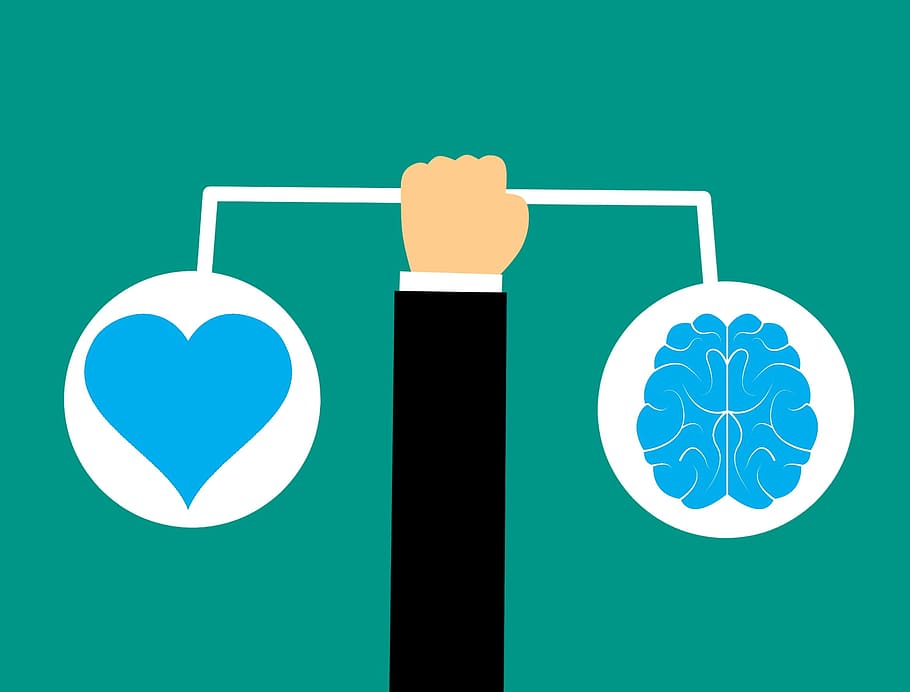
FAQ About Basics of Emotional Intelligence
Basics of Emotional Intelligence
2 years ago | gizem
What are the benefits of high emotional intelligence?
High emotional intelligence (EI) offers several benefits across various aspects of life. Here are some key benefits of having high EI:
- Improved Relationships: Individuals with high EI are adept at understanding and empathizing with others. This skill enhances their relationships, leading to stronger connections, effective communication, and better conflict resolution. They build trust, foster collaboration, and maintain healthier and more fulfilling relationships.
- Enhanced Communication: High EI enables individuals to express themselves effectively and listen actively. They are skilled at interpreting nonverbal cues and understanding underlying emotions, which promotes clear and empathetic communication. This ability facilitates better understanding, reduces misunderstandings, and fosters positive interactions.
- Conflict Resolution: High EI individuals excel in managing conflicts constructively. They can regulate their emotions, understand different perspectives, and find mutually beneficial solutions. Their empathetic approach and effective communication skills contribute to resolving conflicts in a respectful and productive manner.
- Leadership Skills: Leaders with high EI inspire and motivate others. They possess strong self-awareness, self-regulation, and empathy, which enable them to understand their team members' emotions and needs. High EI leaders excel in communication, relationship-building, and creating positive work environments, leading to higher employee engagement and productivity.
- Personal Well-being: High EI individuals are better equipped to manage their own emotions and stress. They have effective coping mechanisms, emotional resilience, and self-regulation skills. This emotional balance contributes to improved mental health, reduced stress levels, and increased overall well-being.
- Decision-Making: High EI individuals consider both their own emotions and the emotions of others when making decisions. They weigh various perspectives, anticipate the impact of their decisions, and make choices that align with their values and the needs of those involved. This approach leads to more informed and balanced decision-making.
- Adaptability: High EI individuals are adaptable and flexible in different situations. They can recognize and regulate their emotions, allowing them to navigate change, handle uncertainty, and adjust their responses as needed. This adaptability contributes to resilience and the ability to thrive in dynamic environments.
- Increased Empathy and Understanding: High EI fosters empathy and understanding of others' emotions and experiences. This ability helps build connections, bridge differences, and promote a more inclusive and compassionate society.
- Career Success: Emotional intelligence is highly valued in the workplace. Individuals with high EI often excel in leadership positions, teamwork, and customer service roles. They have strong interpersonal skills, are effective communicators, and can navigate workplace relationships and dynamics successfully.
